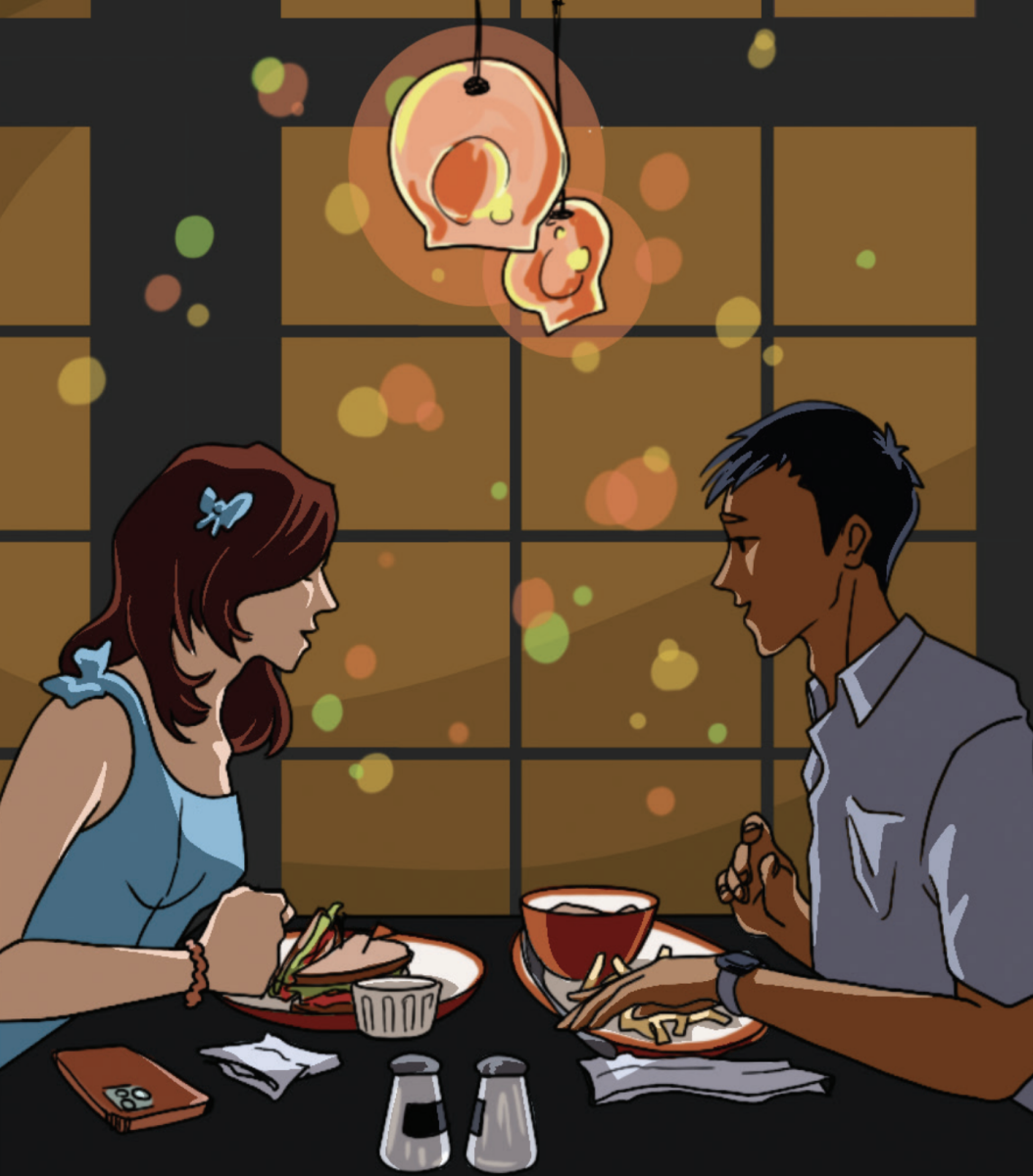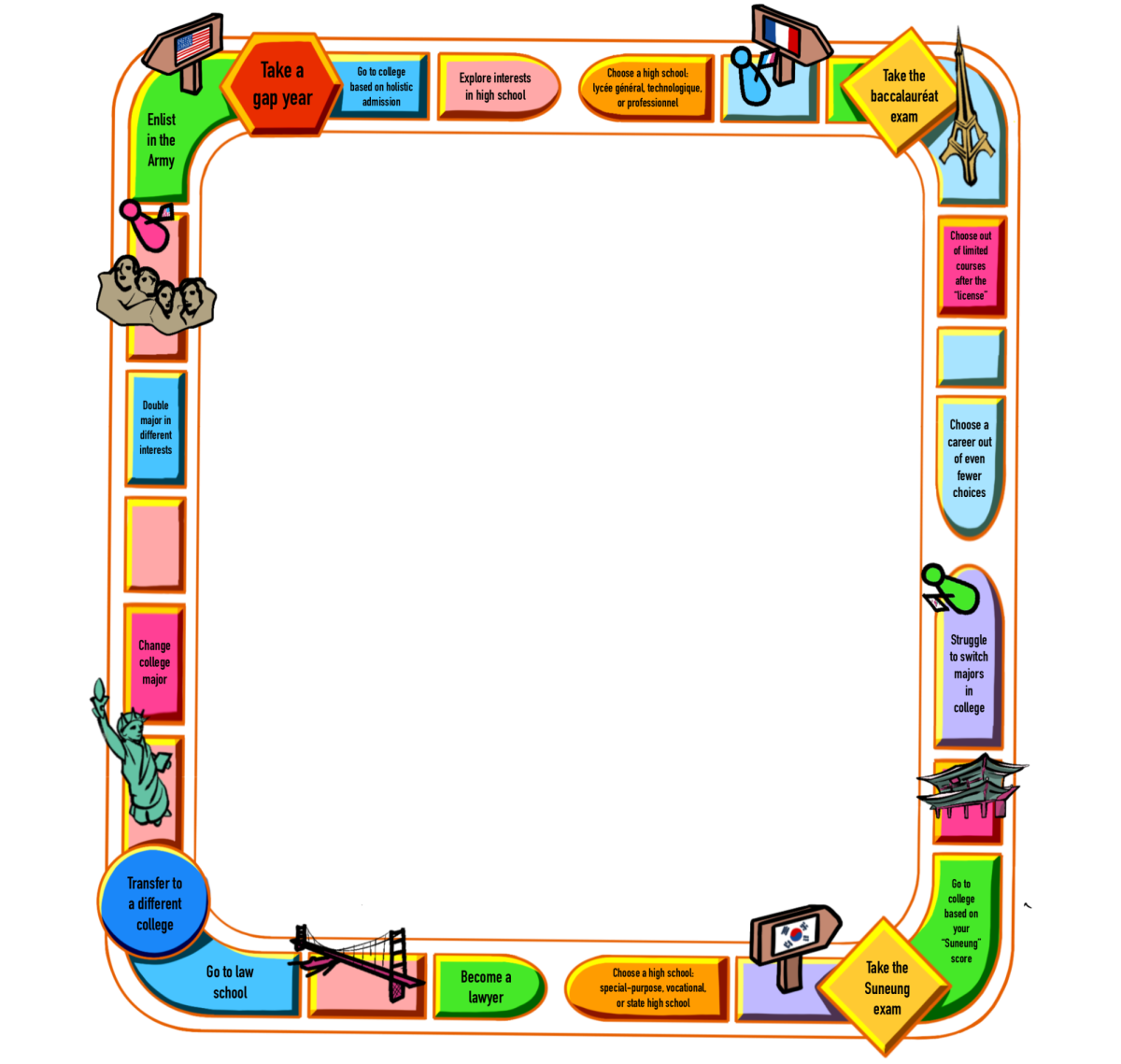By: Akansha Gupta
The 2016 elections have witnessed both parties candidates launching personal attacks to defame their opponent. The Republican media has portrayed Hillary Clinton as a lying Wall Street puppet who’s not in jail because she got out on a technicality. Similarly, staunch Democrats consider Donald Trump a racist, chauvinistic xenophobe, who, if elected, would consider nuclear weapons his personal toys.
It’s unsurprising, then, that many American citizens distrust both Hillary Clinton and Donald Trump. According to an NBC Election Tracking poll, only 11 percent and 17 percent of Americans consider Clinton and Trump trustworthy, respectively. With elections approaching, several American citizens who don’t support either the Republican or Democratic campaign plan to vote for a third-party candidate—either Libertarian Gary Johnson or Green Party’s Dr. Jill Stein.
Unfortunately, as history has shown over and over again, America’s bipartisan government makes it extremely unlikely for a third-party candidate to become president. In fact, Abraham Lincoln, the only president from a third-party, won because the Democrats were split into the Northern and Southern Democrats. Similarly, in 1912, Roosevelt’s Bull Moose party took votes away from the Republican candidate, Taft . This gave Democrat Woodrow Wilson, who had only 42 percent of the popular vote, the presidency. Thus, voting for a third-party candidate doesn’t make the third-party candidate more likely to win; it only makes one of the other candidates more likely to lose because it splits the votes among the citizens who are most aligned.
More recently, when Ross Perot ran as a third-party candidate in 1992, he received 19 percent of popular vote, but no state votes. America’s electoral system is biased toward a bipartisan system because in 48 of the 50 states, the party with the majority in the popular vote gets all electoral votes in the state.
Third-party voters consider their choice anti-establishment and make grand, sweeping claims about idealism. Though it is certainly noble to vote for the person who most shares your views, it’s impractical—you might as well vote for yourself. Whether you like the political system the United States has today or not, it’s the one that exists.
This election is historic for many reasons: if elected,Hillary Clinton would be our first female president and Donald Trump would be the first president with no political experience. However, it’s unlikely that this election will be the second time in American history that a third-party candidate will win the presidency. According to GenForward’s September 2016 survey, support for third-party candidates has been exaggerated and mostly limited to white millennials. For every voter that votes third-party, nine will vote either Republican or Democratic. In a close race like the 2016 elections, voting for a third-party candidate is equivalent to throwing a temper tantrum and choosing neither of the candidates who are running.
Instead, voting citizens should make the responsible, adult decision. They need to research both Hillary Clinton and Donald Trump to understand their policies beyond what newspaper headlines scream. And yes, if all else fails, voters can fall back on voting against the candidate they definitely don’t want in charge of America.











